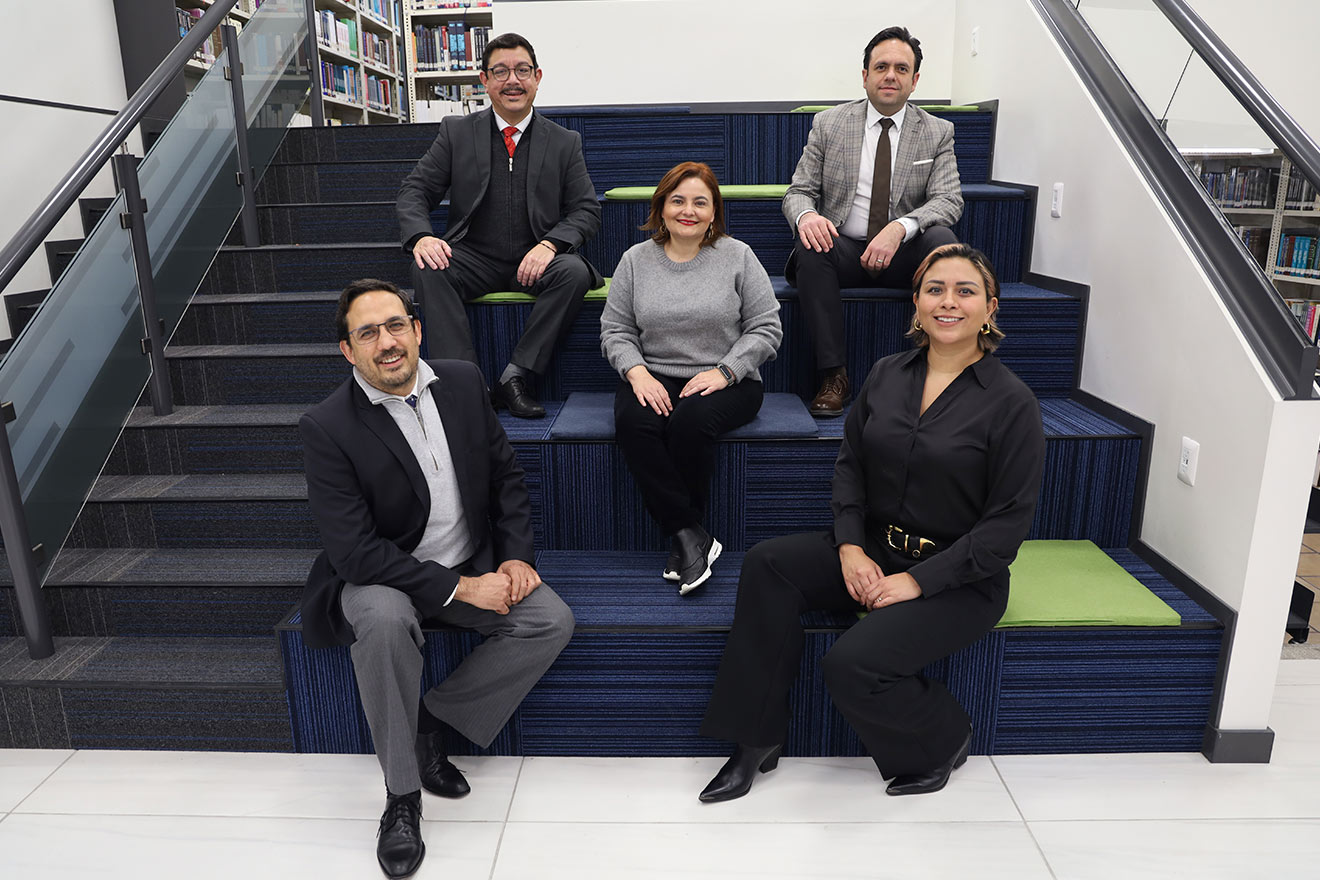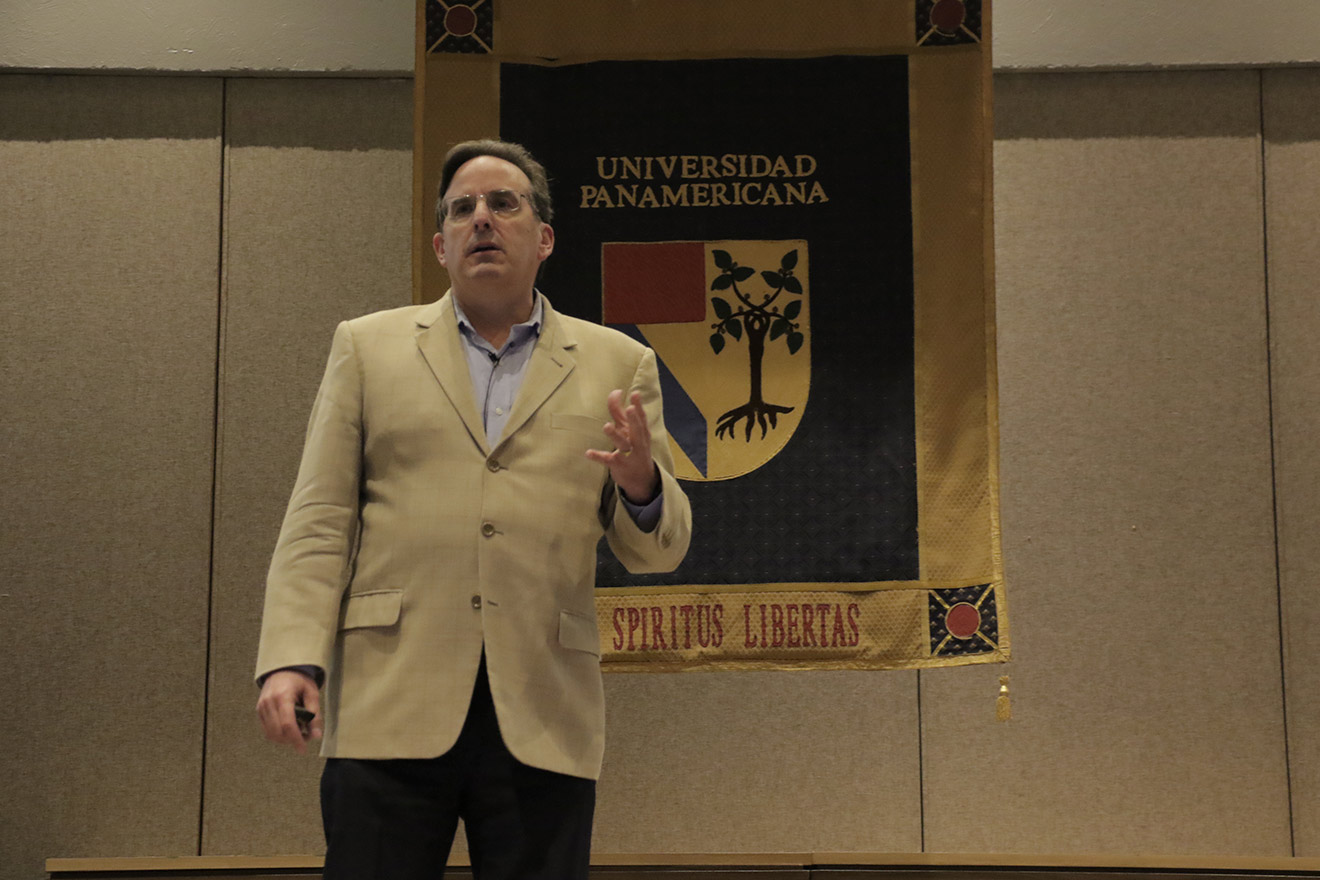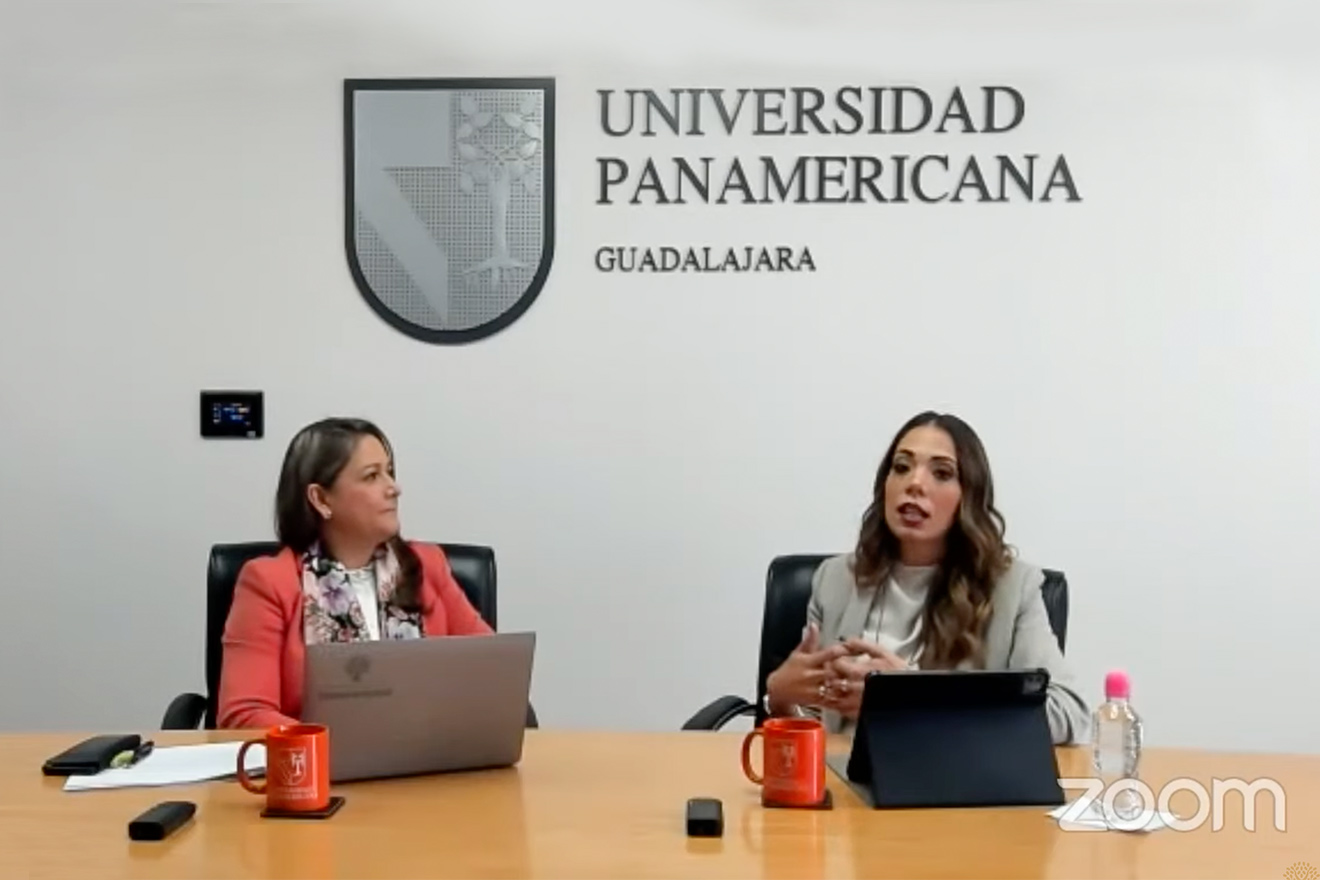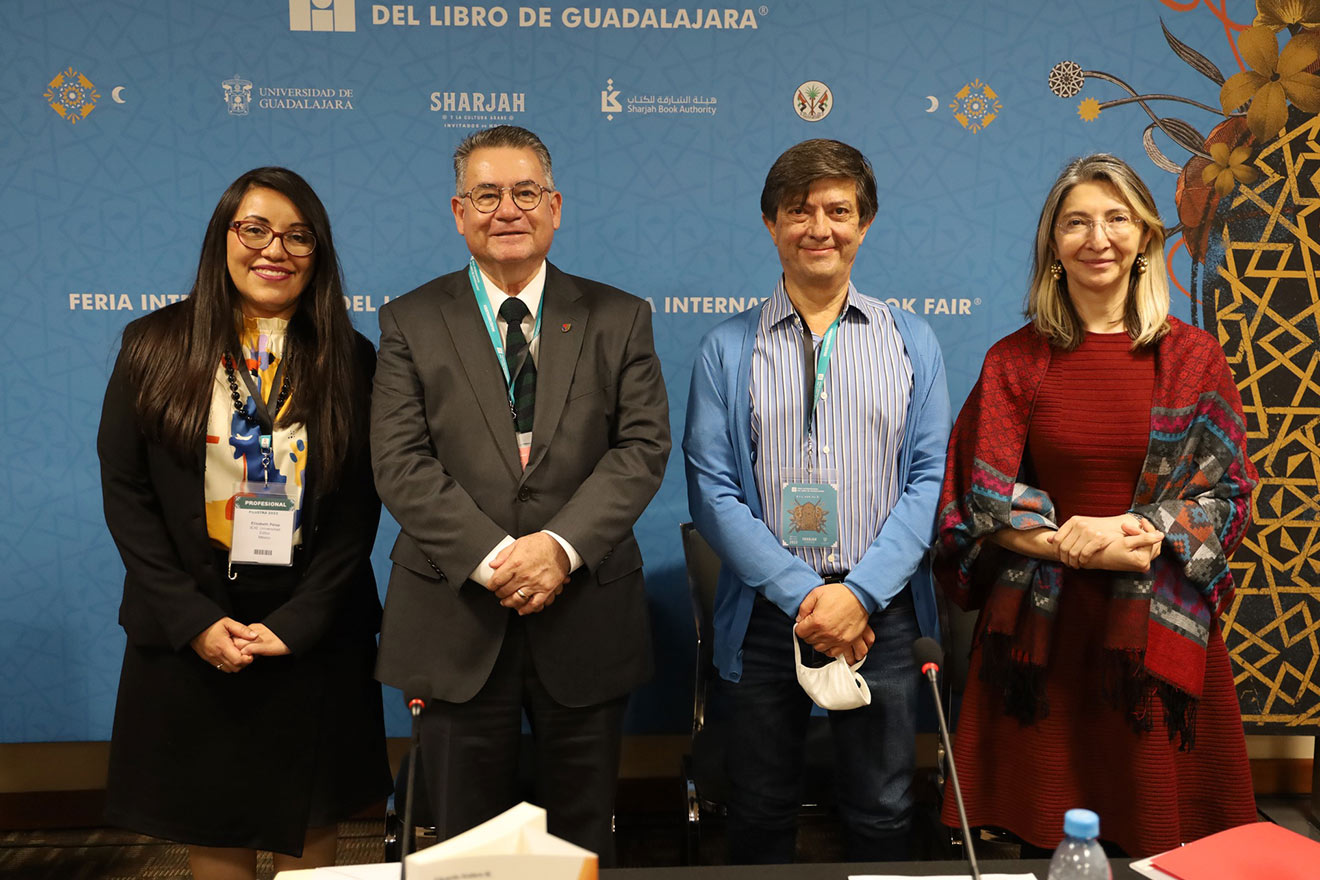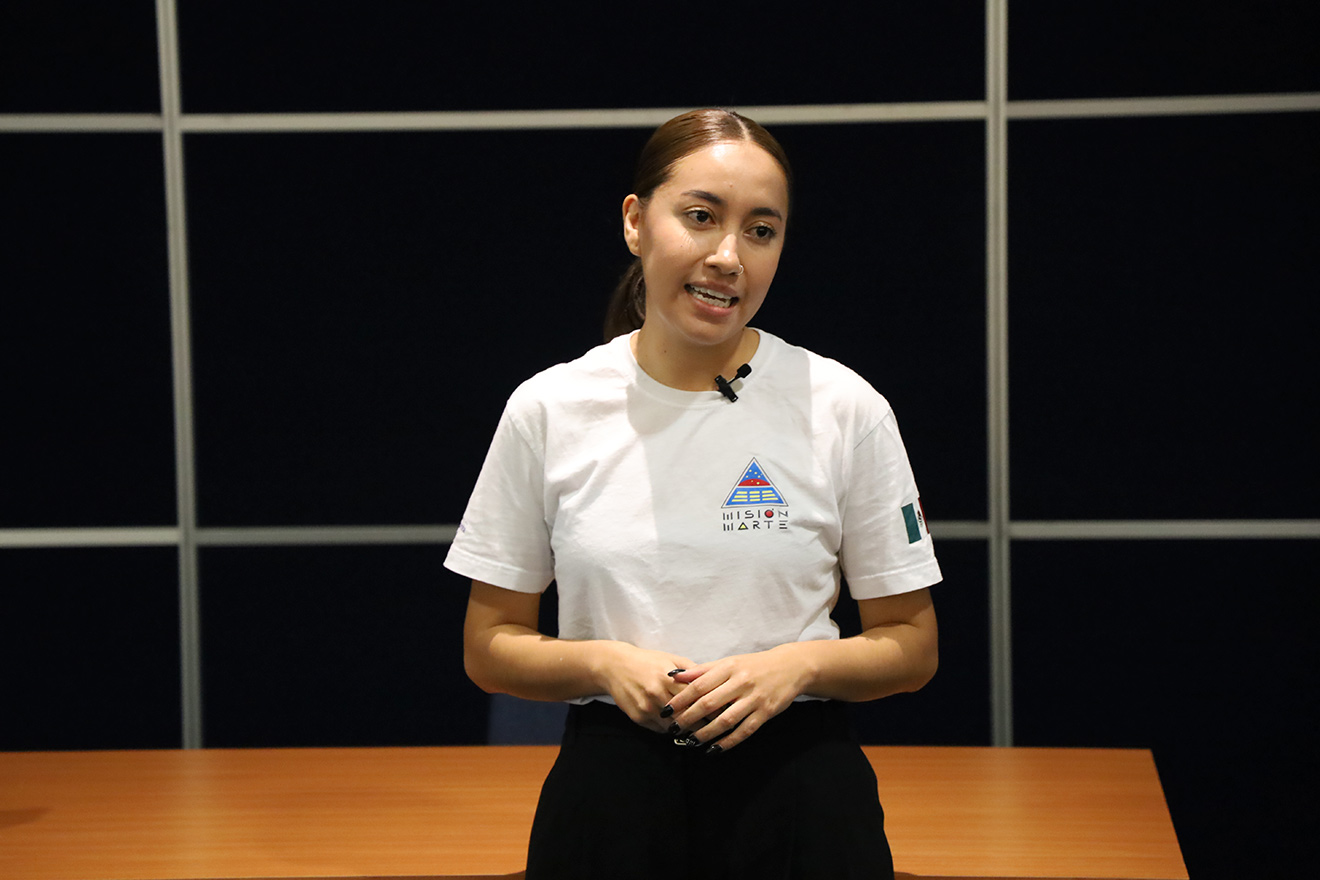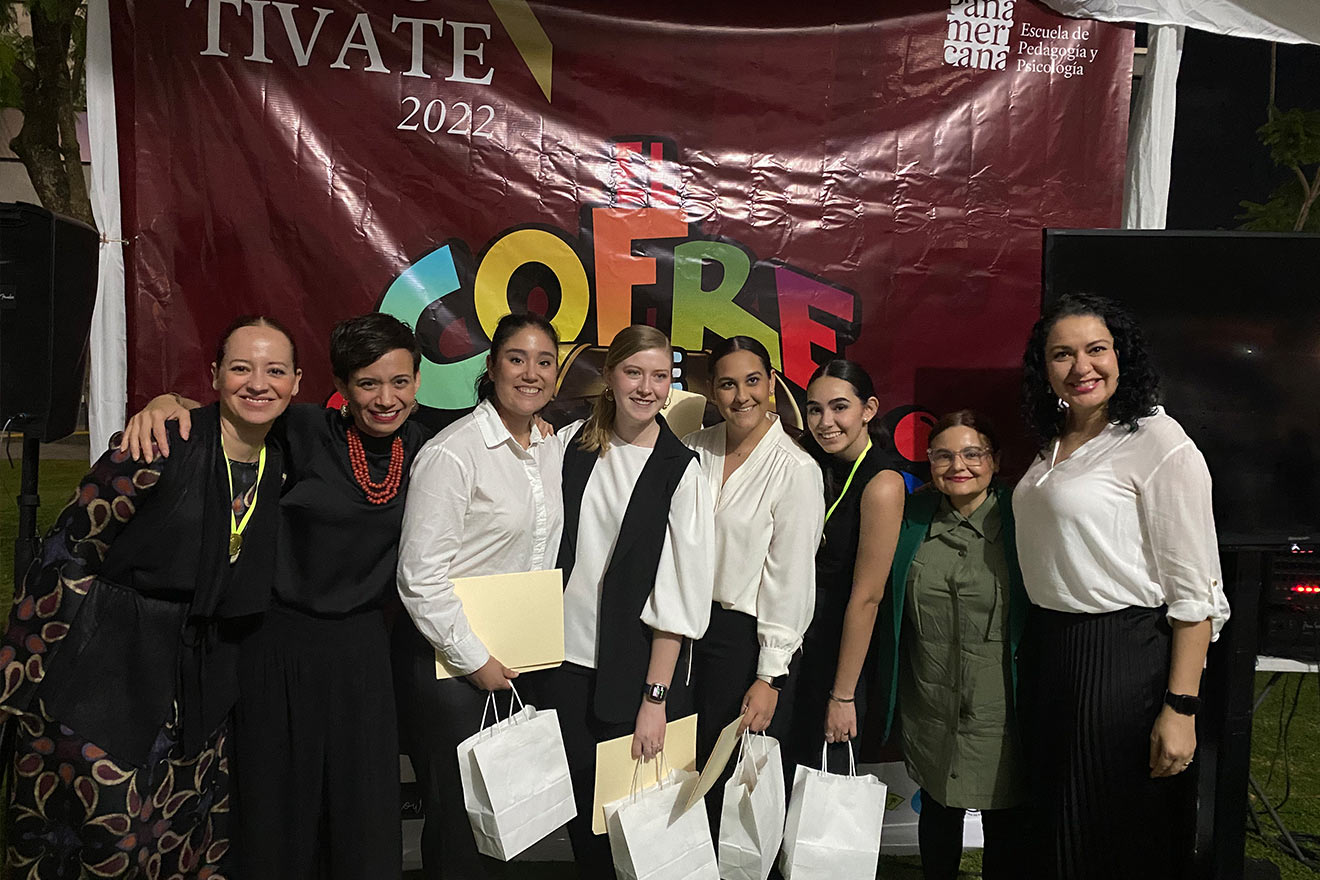Mexico City, November 17, 2022.- More than a year ago, in September 2021, Dr. Sara Elvira Galbán Lozano and Dr. Ligia García Béjar, both from the Universidad Panamericana de las Schools of Pedagogy of the Mexico campus and Guadalajara campus, respectively, with the purpose of doing joint research.
After exchanging topics of their specific lines of research in the field of pedagogy and communication, they defined that there was a common theme that interested them: the training of researchers at different stages of their professional careers.
This interest, motivated by personal and professional issues, found a good reception within the research ecosystem that the Universidad Panamericana has sought to put in place more decisively since 2015.
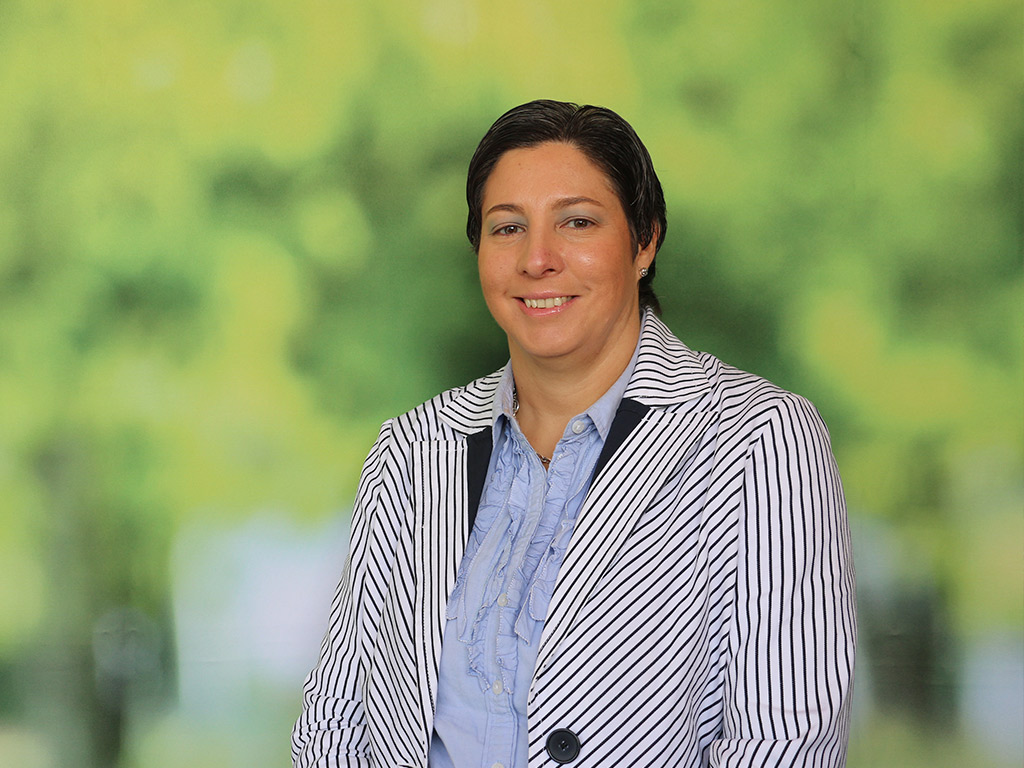
The first approach
In order to propose a first approach to the subject, the researchers decided to focus on UP professors and doctoral students, with the purpose of documenting their experience during this formative process, as well as to determine their present and future motivations.
To achieve the above, they informed the Vice Rector's Office for Research and the campus Vice Rector's Offices of their interest in conducting this research, which, by the way, was received with great enthusiasm and all the necessary support was provided.
Once the lists of professors from the three campuses who were studying for a doctorate were available, a questionnaire on demographic and professional aspects was designed. Subsequently, it was decided to interview 18 of the 71 participants to obtain more information about the training process.
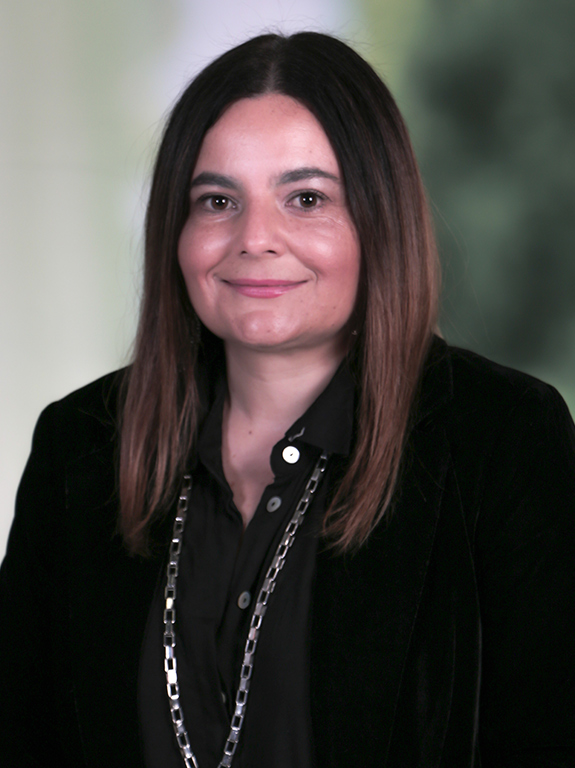
Intentions and trajectory
From the analysis of the information, the researchers decided to create two research articles, the first one aimed at describing the intentions, experiences and prospective regarding the decision to study for a doctorate as a university professor. It is worth mentioning that this article has already been published and can be found in full text with the following reference: https://doi.org/10.28945/5028
The second article, which is more oriented towards determining the academic trajectory of doctoral students, and which is still in the process of being approved, takes up the diversity of origins and decisions that have been made in the process of becoming a research professor. This work provides comprehensive explanations of the opportunities and challenges facing university management in relation to the training of people with academic potential.
Discoveries and new research
Based on the research conducted for the preparation of these articles and thanks to the results obtained, Dr. Galbán and Dr. García have found an unexplored area of research, the study of the academic careers of researchers at private universities in Mexico, since there is practically no research on this subject and the research that has been done has been from the point of view of public institutions.
Therefore, a second phase of the research is already underway, now having as study subjects the researchers of the three campuses of the Panamericana, who are professors belonging to the National System of Researchers (SNI), categorized and with visible scientific production.
At the moment, the researchers are in the process of collecting demographic and professional data, to later continue with a stage of interviews and from there, determine the scientific production that they will form, certain of the wealth of knowledge in the specific area of research that they can generate.
Dr. Galbán and Dr. García are grateful for the support they have received from the Vice Rector's Office for Research and both campuses, as well as from the doctoral students and researchers to share information and be part of this research project that is expected to bear many fruits in the short, medium and long term.
Researcher data
Dr. Sara Elvira Galbán Lozano, Pedagogy Schools, Mexico campus.
Dr. Ligia García Béjar, Pedagogy Schools, Guadalajara campus.



